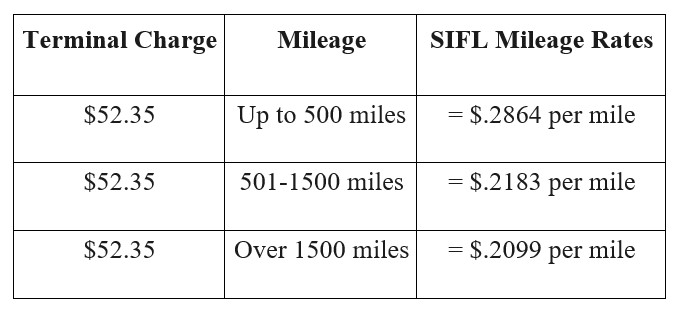Check out our summary of significant Internal Revenue Service (IRS) guidance and relevant tax matters for the week of June 5, 2023 – June 9, 2023.
June 5, 2023: The IRS released Internal Revenue Bulletin 2023-23, which highlights the following:
- Revenue Ruling 2023-11: This revenue ruling establishes that the following interest rates will remain the same for the calendar quarter beginning July 1, 2023:
- Overpayments: 7%
- Overpayments for corporations: 6%
- Corporate overpayments for portions exceeding $10,000: 4.5%
- Underpayments: 7%
- Large corporate underpayments: 9%
- Notice 2023-41: This notice provides the applicable reference price for qualified natural gas production from qualified marginal wells during taxable years beginning in calendar year 2022 for the purpose of determining the marginal well production credit under Section 45I.
- REG-108054-21: These proposed regulations provide guidance on the application of the transfer for valuable consideration rules under Section 101 and associated information reporting requirements for reportable policy sales of interests in life insurance contracts under Section 6050Y. The proposed regulations would amend the rules for exchanges of life insurance contracts qualifying for nonrecognition of gain or loss, as well as for certain acquisitions of interests in life insurance contracts in transactions that qualify as corporate reorganizations.
- Revenue Ruling 2023-10: This revenue ruling provides the applicable federal rates for federal income tax purposes for June 2023. The short-term federal interest rate is 4.43%, the mid-term rate will drop to 3.56% and the long-term rate is 3.79%.
June 6, 2023: The IRS released Tax Tip 2023-76, providing business taxpayers with tips for income tax deductions before they travel on work trips.
June 7, 2023: The IRS issued a statement reassuring California taxpayers covered by disaster declarations that they’ll continue to have an automatic extension to file and pay taxes. The IRS is legally required to send a Notice CP14 to taxpayers with a balance due. While the notice says they need to pay in 21 days, California taxpayers under the disaster declaration have until later this year to pay.
June 7, 2023: The IRS released Tax Tip 2023-77, reminding tax professionals to register for the 2023 IRS Nationwide Tax Forums. Early registration expires June 15. See additional information below under Upcoming Events.
June 7, 2023: The IRS announced it was granting penalty relief for corporations that did not pay estimated tax related to the new corporate alternative minimum tax (CAMT). Notice 2023-42 provides that the IRS will waive the penalty for failure to pay estimated income tax for a taxable year that begins after December 31, 2022, and before January 1, 2024, because of the challenges associated with determining the amount of a corporation’s CAMT liability and whether a corporation is subject to the CAMT.
June 7, 2023: The IRS reminded taxpayers of the 2023 mid-June [...]
Continue Reading
read more

 Subscribe
Subscribe





